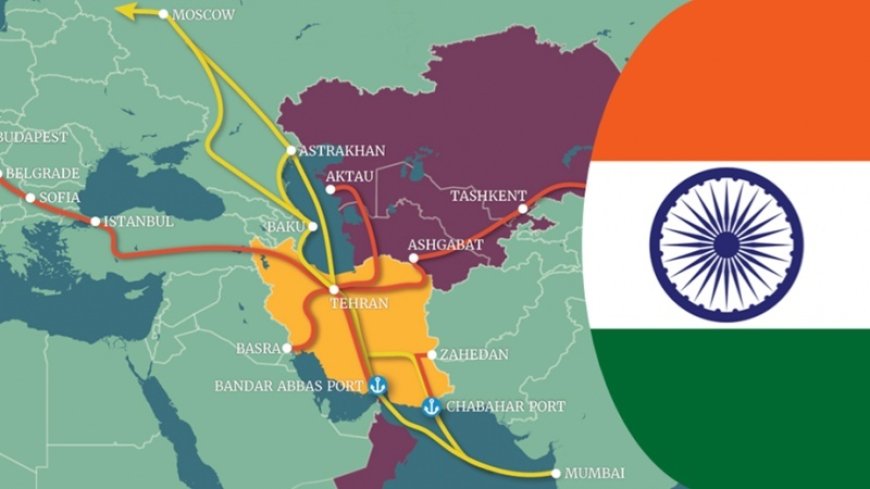Golden Gate of Chabahar: Why is America Afraid of India's Power Development in Asia?
India has signed a significant 10-year agreement to develop and operate Iran's strategic port of Chabahar, aiming to bolster trade relations with Central Asia, Afghanistan, and beyond, reaching the Caucasus, Western Asia, and Eastern Europe. This deal, however, faces potential threats of sanctions from the United States.

India has signed a significant 10-year agreement to develop and operate Iran's strategic port of Chabahar, aiming to bolster trade relations with Central Asia, Afghanistan, and beyond, reaching the Caucasus, Western Asia, and Eastern Europe. This deal, however, faces potential threats of sanctions from the United States.
Indian Shipping Minister Sarbananda Sonowal emphasized the port's strategic importance: “This [port] serves as a vital trade artery connecting India with Afghanistan and Central Asian countries.”
Negotiations between Iran and India over Chabahar began in 2003 but were stalled due to American pressure. Talks resumed after the 2015 Iran nuclear deal, which saw a temporary easing of U.S. sanctions.
**Why is Chabahar Important?**
India's booming $600 billion industry seeks closer trade ties with western neighbors. Through Chabahar, India can transport goods to Iran, then onward via rail or road to Afghanistan and resource-rich, landlocked countries like Uzbekistan and Kazakhstan. This route could also extend to Russia.
Kabir Taneja, a research fellow at the Observer Research Foundation in New Delhi, described Chabahar as a "golden gateway" for India to invest further in West and Central Asia. The port is now a crucial part of the International North-South Transport Corridor (INSTC) project, which aims to create a faster and cheaper trade route connecting Mumbai with Baku and Central Asian capitals via Iran.
**US and Indian Embargo History**
The U.S. has imposed sanctions on India twice, in 1974 and 1998, following Delhi's nuclear tests. Post-Cold War, the U.S. successfully aligned India more closely with its strategic interests. Despite India officially rejecting unilateral sanctions not endorsed by the UN, it often succumbs to American pressure.
**American Concerns Over India's Growing Influence**
India, one of the world's fastest-growing economies, has the potential to distance itself from Western influence and emerge as a global player akin to China. This prospect worries America, which may employ various strategies to curb India's independent rise.
US sanctions against Iran have already impacted the Indian economy, limiting its ability to buy Iranian oil and making it more susceptible to price pressures from other suppliers, unlike China. If the U.S. adopts a stringent stance on Chabahar, it may signal the port's substantial potential to elevate India's global standing.
India's economic and strategic moves in Chabahar reflect its intention to preserve and enhance its influence in the long term. America, already contending with Russia and China in Central Asia, views India's competition in the region with discomfort.
**Global South Dynamics**
Sarang Shidore, director of the Global South program at the Quincy Institute, noted: “Countries in the Global South will continue to pursue their own interests, despite Washington's desire to align them with strategic plans.” He emphasized that Washington must reconsider policies that could alienate the Global South, limiting U.S. influence in this non-aligned region.
The strategic development of Chabahar port symbolizes India's ambition to expand its economic footprint and strategic influence, potentially reshaping power dynamics in Asia and beyond.













































